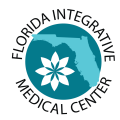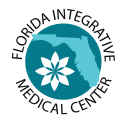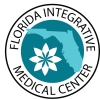Copyright Florida Integrative Medical Center 2024 © All rights Reserved
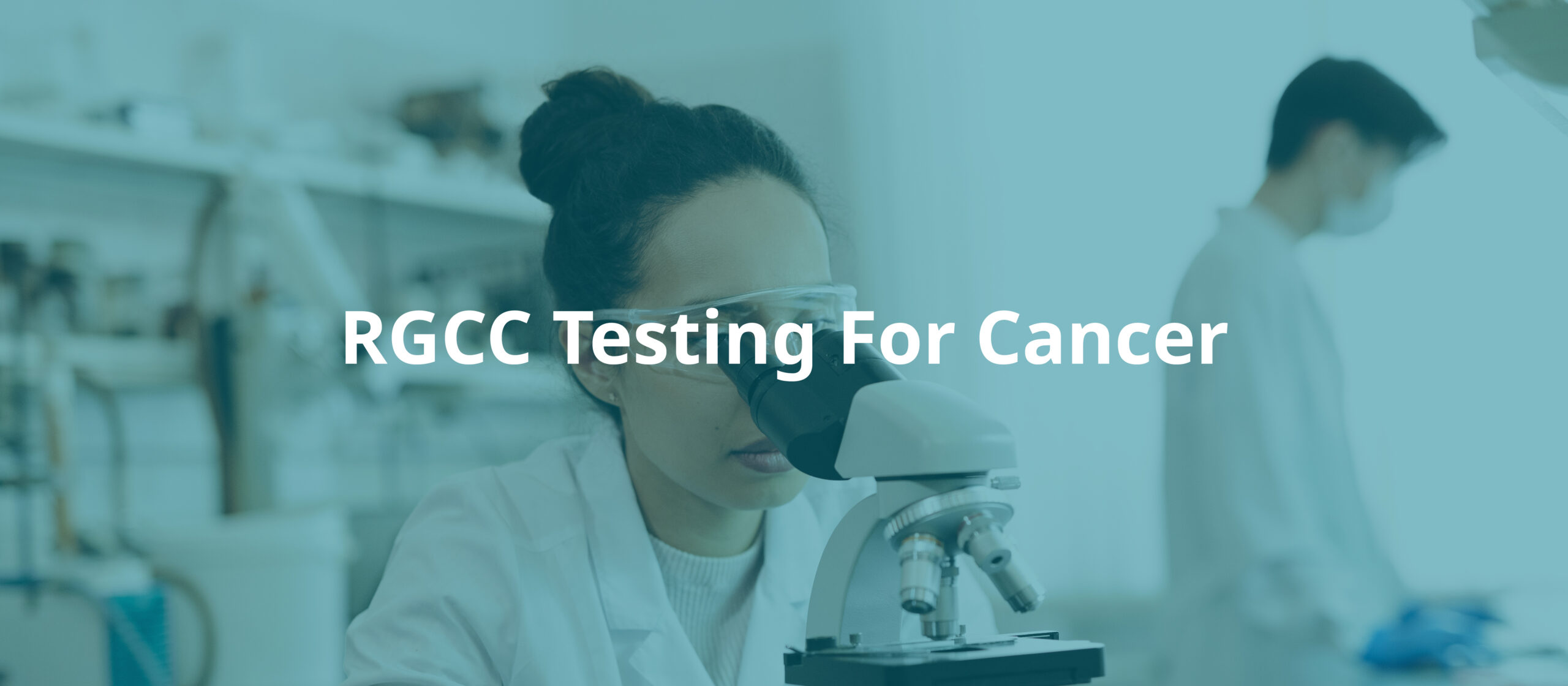
RGCC Cancer Testing is offered to patients seeking alternative medicine and personalized cancer testing with the ability to detect early signs of developing cancer, help monitoring existing cancers and produce an individual profile of chemotherapeutic drugs and natural substances that can be used to achieve the best treatment outcomes.
Circulating Tumor Cells (CTCs) are cells that have detached from the primary tumor and flow into the blood or lymphatic circulation creating a secondary tumor. Despite their rare population, these cells exhibit metastatic attributes and are related to cancer progression.
Testing options available:
Oncocount: Provides information on the presence and the concentration of Circulating Tumor Cells (CTC’s). It enumerates only the progenitor cells that are relevant to potent relapse and recurrence of the disease.
Oncotrace: Provides information about the presence of Circulating Tumor Cells (CTC’s), Their concentration and immunophenotype, which may help identify their origin.
Oncotrail: Provides information about the presence of Circulating Tumor Cells (CTC’s) and their concentration and immunophenotype for specific types of malignancies. This test is a tailor-made test for specific type of malignancies such as breast cancer (Oncotrail R.G.C.C. for Breast), Prostate (Oncotrail for Prostate), Sarcoma etc. This test includes only markers relevant for a specific type of malignancy which make the test a good tool for follow up control.
Immune Frame: Profile of humoral and cellular immunity and cachexia. This test is focusing on the status of the immune system and immunity.
Onconomics Plus: Provides information about the efficacy of specific drugs on the cancer cells derived from a single patient. The method incorporates two procedures (epigenetic analysis and viability assays) to validate the data. The efficacy of natural biological substances or extracts on cancer cells is also referred to. The assessment is based on three methods: the direct cytotoxic effect, stimulation of the immune system and the inhibition of proliferative signals in the cancer cells.
Onconomics Extracts: Provides information about the efficacy of natural biological substances or extracts on cancer cells. The assessment is based on three methods: the direct cytotoxic effect, stimulation of the immune system and the inhibition of proliferative signals in the cancer cells.
Chemo SNP: SNPs analysis of cytostatic drugs. Pharmacogenomics is the science that examines the inherited variations in genes that dictate drug response and explores the ways these variations can be used to predict whether a patient will have a good response to a drug, a bad response to a drug or no response at all.
Single Nucleotide Polymorphisms (SNPs) aare DNA sequence variations that can affect how humans develop disease or respond to chemicals, drugs and other agents.
ChemoSNiP includes the study of SNPs of genes that are included in metabolism/detoxification of cytostatic or targeted drugs which are used as cancer therapy.
Metastat: Markers on CTCs that point out the potent organ for relapse.
From literature, numerous markers are associated with specific tumor organ metastases.
The Metastat test is a collection of specific markers that are detected on specific organs.
Cells of the primary tumor that have the ability to metastasize will express specific genes and proteins according to the organ that will metastasize, and that is given by the genetic information.
Immune Frame: Profile of humoral and cellular immunity and cachexia. This test is focusing on the status of the immune system and immunity.
aCGH: Unbalanced chromosomal abnormalities might lead to different genetic disorders as well as cancer. Array CGH can be used to identify imbalances in an entire genome with higher resolution than traditional microscopic methods. The above aberrations could be correlated with genome regions that might be useful in identification of the primary origin of tumor.
Click here for more information on the RGCC Greek Cancer test or call our office at (941) 955-6220 and speak to one of our expert staff members today
Treatment - Whole Tumor Cell (WTC)
Whole Tumor Cells from fragmented tumor cell antigens
Necrotic whole tumor cells (not live tumor cells) are a simple approach to vaccination and can be administered directly, without the need of dendritic cells. Live tumors cells are poorly immunogenic and are shown to secrete soluble factors, such as vascular endothelial growth factor to suppress DCs differentiation and maturation.
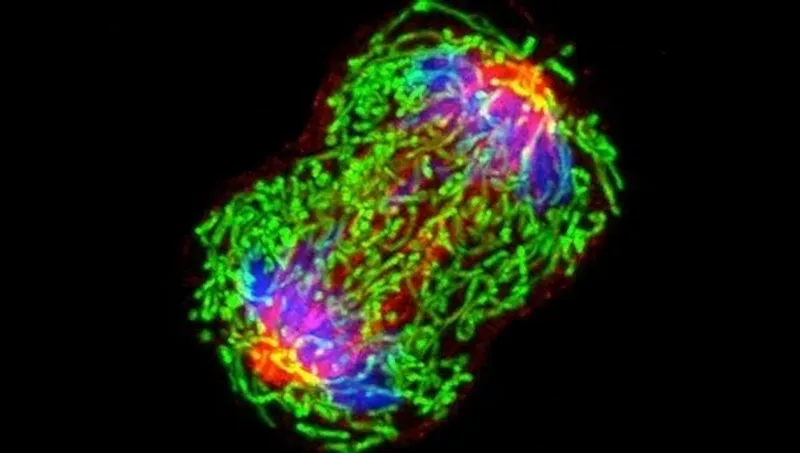
A widely used and straightforward method of tumor cell preparation already used in clinical trials is necrotic whole tumor cell lysate. Whole tumor cell lysate contains a crude mixture of cellular components including fragments of the destroyed cellular membrane, intracellular organelles such as mitochondria, and cellular RNA and DNA. Necrotic tumor cells have been shown to induce partial maturation in DC without further addition of maturation stimuli.
Tumor cells express a whole array of Tumor Associated Antigens (TAA) that are both characterized and uncharacterized, and this rich source of antigens contains epitopes of both CD8⁺ cytotoxic T cells (CTLs) and CD4⁺ T helper cells. This is important, as the parallel presentation of both MHC Class I and II restricted antigens would help to generate a stronger overall anti-tumor response and long term CD8⁺ T cell memory via CD4⁺ T cell help.
RGCC’s uses tumor cell antigens that are produced from the patients’ isolated circulating tumor cells. Tumor cells from each patient potentially carry gene mutations encoding for unique TAAs that are important in stimulating effective and long-lasting anti-tumor responses in the patient.
This therapy can be reordered and repeated at 3-month intervals. Best to send always a new blood sample of 15-20 ml.
